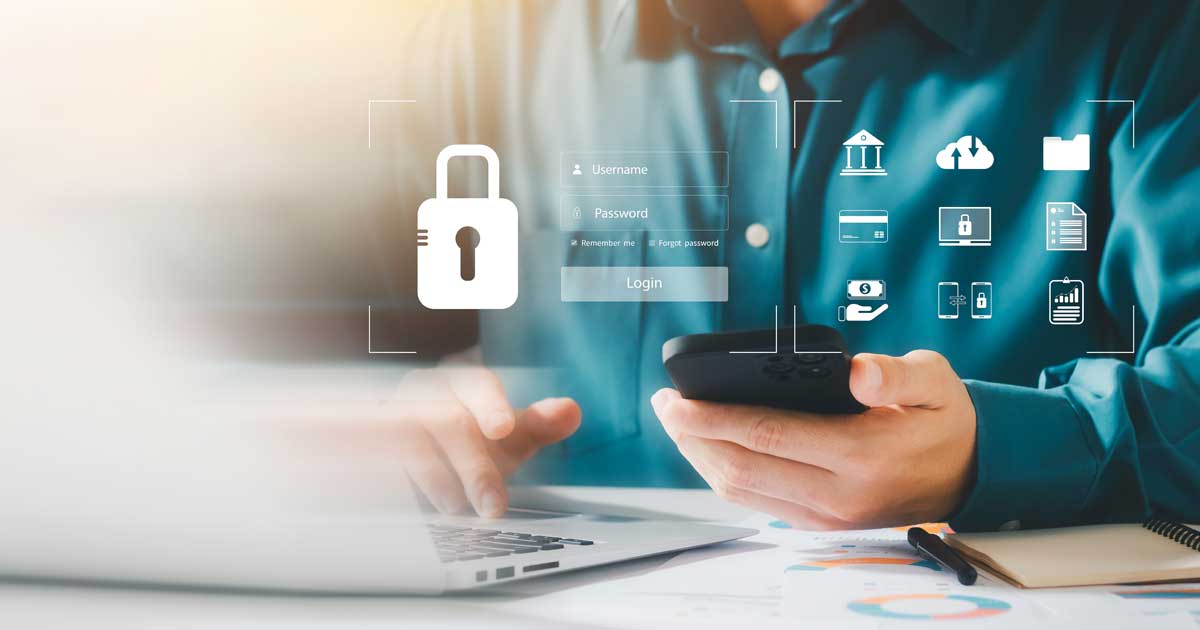Building Slack
Resources for less financial stress.
Celebrate International Data Privacy Day
How you can protect your information online
 January 28 is celebrated as International Data Privacy Day – a day used to raise awareness about the importance of protecting personal data and promoting privacy rights. In today's digital age, personal data has become an increasingly valuable commodity and safeguarding it is more important than ever.
January 28 is celebrated as International Data Privacy Day – a day used to raise awareness about the importance of protecting personal data and promoting privacy rights. In today's digital age, personal data has become an increasingly valuable commodity and safeguarding it is more important than ever.Data privacy refers to the right of individuals to control who has access to their personal information. This includes things like their name, address, email and phone number, as well as more sensitive information like financial and medical records. Personal data is collected by a wide range of organizations, including businesses, government agencies and social media platforms.
Unfortunately, personal data is often misused or mishandled. This can result in identity theft, financial fraud and other types of cybercrime. It can also lead to the loss of personal privacy and the erosion of trust in institutions that collect and use personal data.
To celebrate International Data Privacy Day, here are some steps you can take to protect your personal data:
- Be cautious about what you share online. Think carefully before sharing personal information on social media or other online platforms. Consider whether the information is necessary and whether the person or organization requesting it can be trusted.
- Use strong and unique passwords. Use strong, unique passwords for your online accounts to prevent hackers from accessing them. Avoid using the same password for multiple accounts and consider using a password manager to help you generate and store secure passwords.
- Keep your software and devices up to date. Regularly update the software on your devices, including your operating system, web browser and any apps you use. This helps protect against security vulnerabilities and keeps your personal data safe.
- Be aware of phishing scams. Be wary of unsolicited emails, texts or other messages that ask for personal information or login credentials. These are often attempts to trick you into revealing sensitive information to hackers.
- Use privacy-enhancing tools. Consider using privacy-enhancing tools, such as a virtual private network (VPN), a service that establishes a secure connection to the internet, and encryption, the process of converting information or data into a code, to protect your personal data when using the internet.
